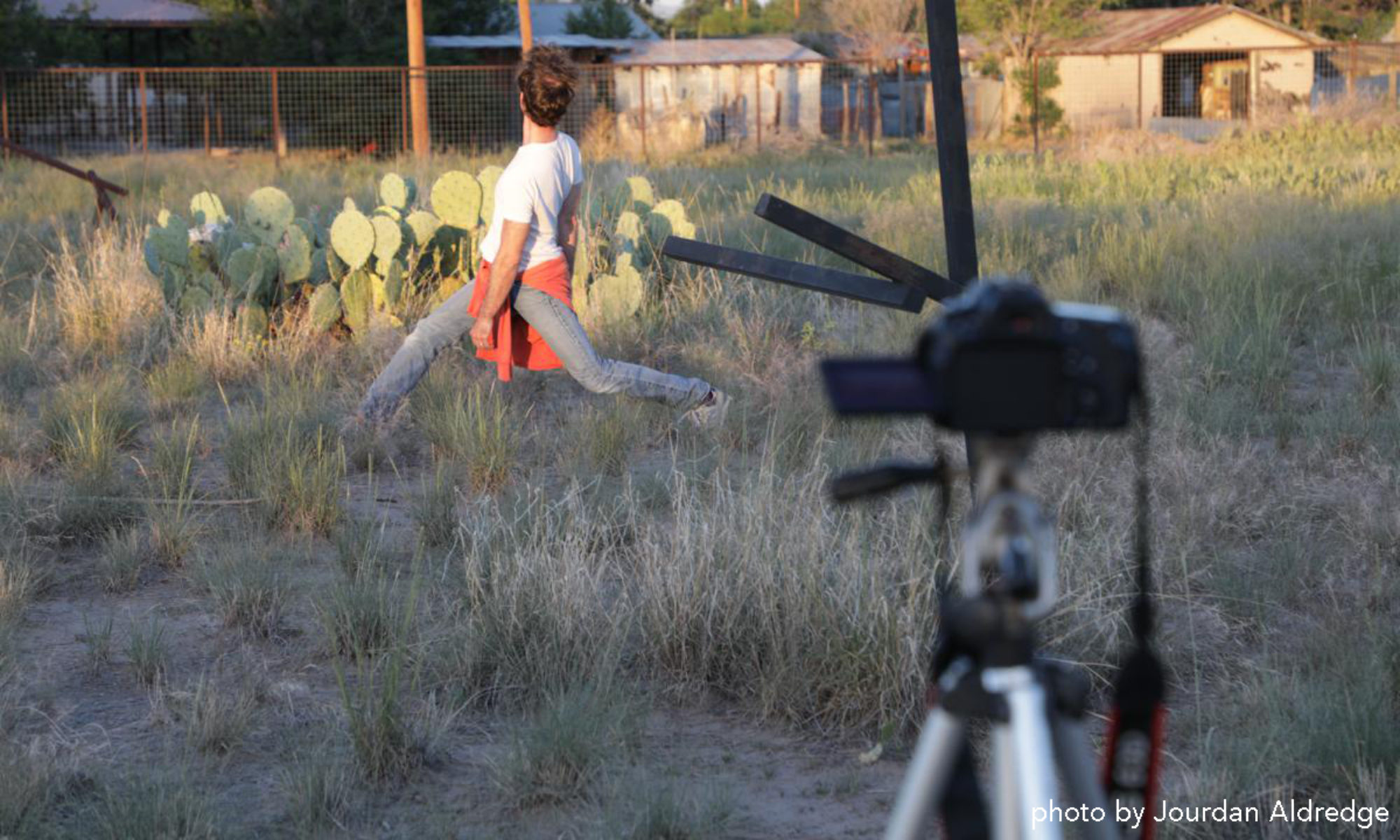Having a diverse cohort has its advantages and disadvantages. An advantage is that people from different backgrounds can see my work in a new light from a different perspective and offer me feedback from that perspective. A disadvantage is that they do not know as much as I do about my tools/genre, as I know little about theirs.
By having such surface knowledge about their media, I am not able to push them more in their direction. Yes, I can offer “lay” opinions in their work and shift their progress(maybe) but if we all are continually helping shift each other, will we be able to get anywhere or will we just cover the same ground erratically?
A bunch of blind spiders creeping around the same dusty shoe box? Milling about getting nowhere…
Does this continual redirection prevent us from progressing forward in relation to ourselves not just in relation to the opinion of an outsider?
